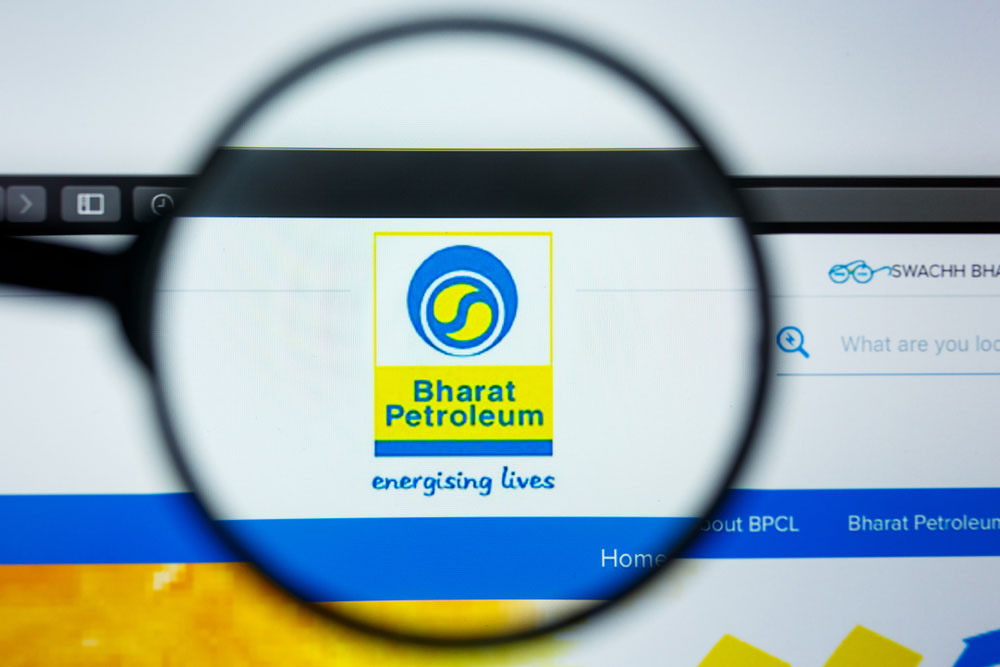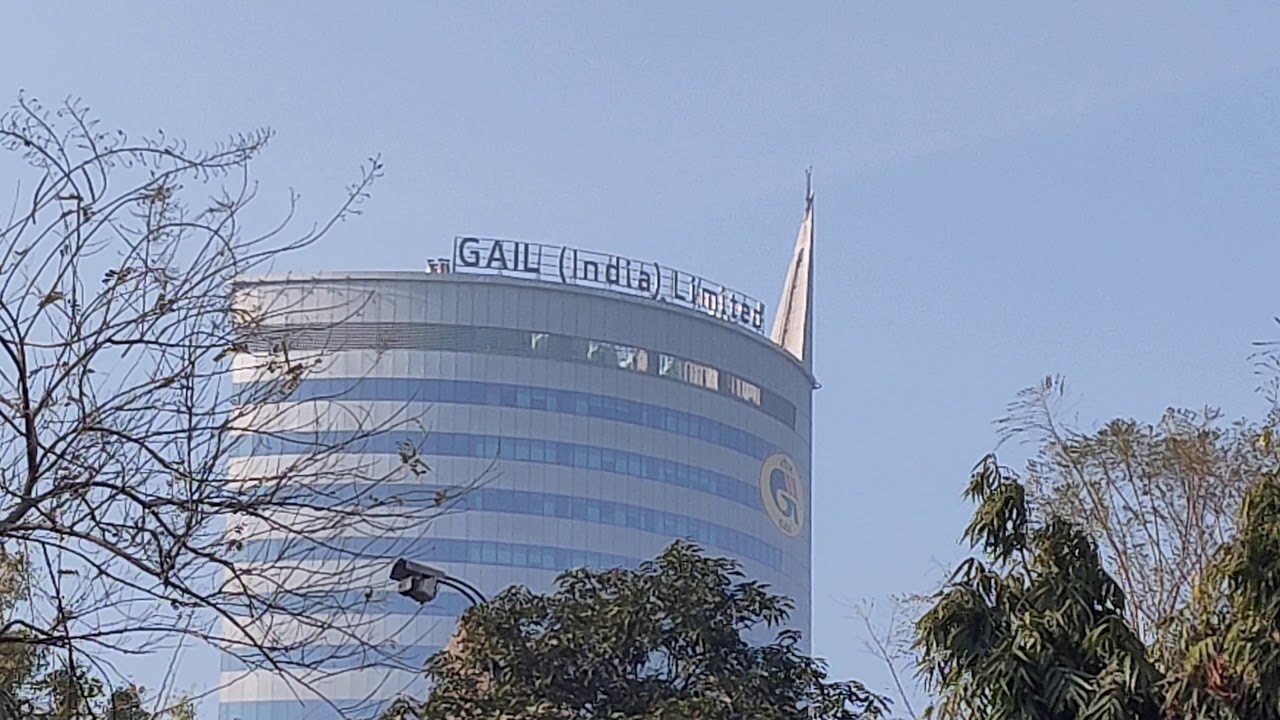Indian Companies Are Investing Heavily In Petro Initiatives To Fulfilling The Country’s Growing Energy Demands.
Initiatives done by the government and the organisations, demonstrate commitment to fulfilling the country's growing energy demands while also maintaining energy security and sustainability.

BPCL (Bharat Petroleum Corporation Ltd.) has entered the realm of petrochemicals with the 49000 Ethylene Cracker project at the Bina Refinery, as part of the increase of refining capacity to 11 MMTPA (Million Metric Tonne Per Annum) , according to G Krishnakumar, C&MD, BPCL. This is a watershed moment in the strategic drive to serve India’s fast-rising demand for energy and petrochemical commodities, especially with the investments in wind energy and new tech petroleum and lubricants plants designed for long-term operations.

The Ethylene Cracker Project, which will fuel the production of required petrochemicals, is the basis of the growth ambitions in the energy sector. The project comprises the construction of an ethylene cracker (EC) complex, downstream petrochemical units, boosting the capacity of the Bina Refinery from 7.8 MMTPA to 11 MMTPA, and other associated energy infrastructure. Bina Refinery is an oil refinery in Madhya Pradesh, India, located in Bina Etawa in the Sagar district. Bharat Oman Refinery Limited, a wholly owned subsidiary of Bharat Petroleum Corporation Limited, owns and operates it.
Other efforts towards the development of the energy sector.
In an exchange release, the company reported that the board of directors has also approved the development of two 50 MW wind power plants for captive usage, one at the Bina refinery in Madhya Pradesh and another at the Mumbai refinery in Maharashtra. The two 50 MW wind farms would cost Rs 978 crore (Rs 489 crore for each project).
BPCL is investing heavily in Petroleum Oil Lubricants (POL) and Lube Oil Base Stock (LOBS) factories with receiving pipes at Rasayani, Maharashtra. The project’s purpose, projected to cost roughly Rs. 2,753 crores, is to enhance storage capacity, improve the supply chain, and channelise the distribution of essential petroleum products in the energy sector. According to the company, these expansion projects align with its goal to diversify and grow in related and alternative industries to generate new sources of income and a greener environment by expanding its portfolio of renewable energy sources and succeeding in Net Zero targets for Scope 1 and Scope 2 emissions.

The Bina Refinery expansion project, as well as other initiatives done by the government and the organisations, demonstrate BPCL’s commitment to fulfilling the country’s growing energy demands while also maintaining energy security and sustainability. According to BPCL, these investments would boost the company’s position in the petrochemical sector, as well as enable the regions where the projects are located to prosper economically. BPCL’s shares were trading at Rs 366.45, up 1.15% on the BSE.
According to sources, another Indian conglomerate, GAIL (Gas Authority Of India Ltd.) Ltd, the country’s largest gas provider, wants to construct a 400-billion-rupee ($4.89-billion) ethane cracker near its LNG import plant in Western India. A cracker generates ethylene, which is required for goods such as plastics. GAIL is anticipating searching for property in the coastal region of Dabhol in Maharashtra state for the 1.5 million tonnes per annum (MTPA) cracker project. At Dabhol, GAIL runs a 5 MTPA LNG facility. According to the source, the corporation intends to import ethane from the United States of America for the project.
GAIL is also looking at acquiring property in Madhya Pradesh, which borders Maharashtra, if the Dabhol transaction falls through, according to sources. The proposed dual-feed cracker will also be capable of cracking up to 40% LPG, allowing them to switch to less expensive feedstock to enhance profits.

Conclusion.
Per capita, petrochemical usage in India is around one-third of the world average. Every year, Asia’s third-largest economy consumes 25 million to 30 million tonnes of petrochemicals. Indian firms are increasing their petrochemical manufacturing capacity as the country’s economy expands, increasing demand for items ranging from plastics to paints and adhesives. According to Indian Oil, demand for petrochemicals might nearly treble by 2040, pushing corporations to make significant expenditures to build new facilities nationwide.
Proofread & Published By Naveenika Chauhan




